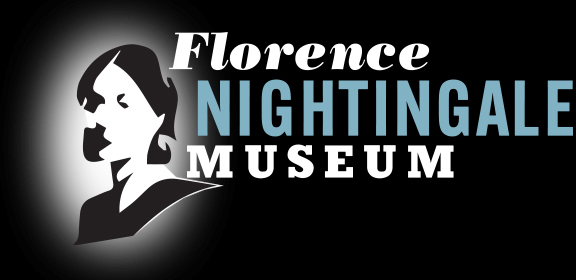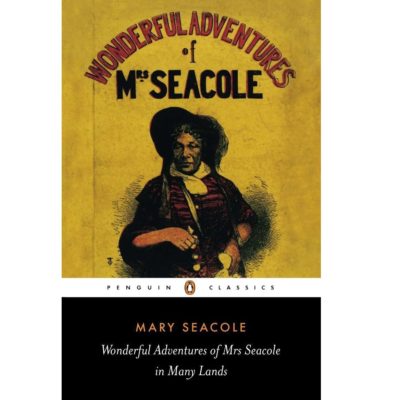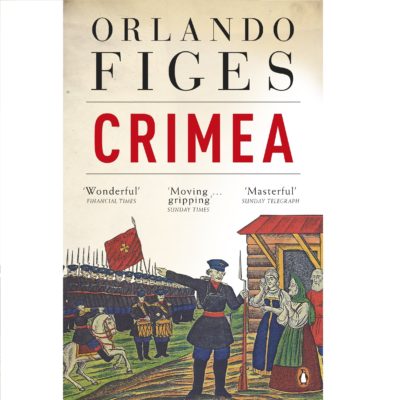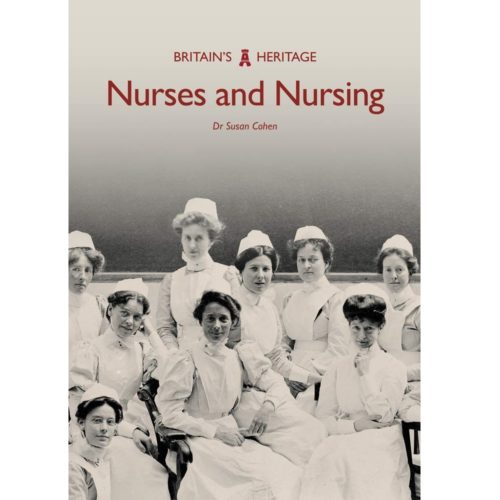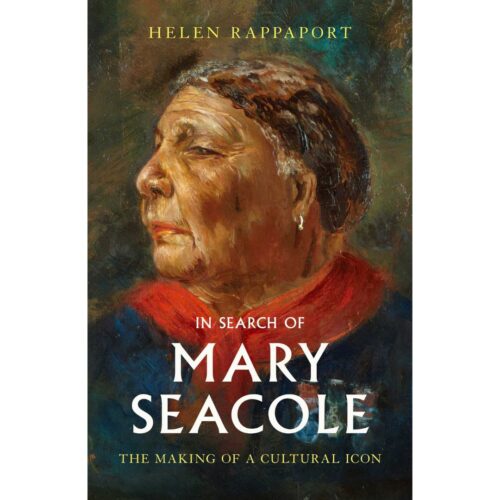-
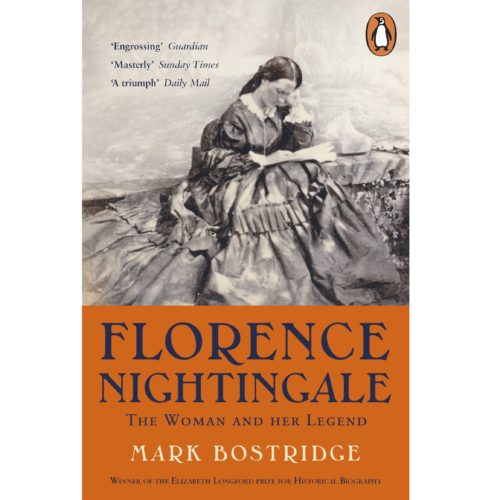 Winner of the Elizabeth Longford Prize for Historical Biography, Mark Bostridge’s Florence Nightingale is a masterful and enjoyable biography of one of Britain’s most iconic heroines. Whether honoured and admired or criticized and ridiculed, Florence Nightingale has invariably been misrepresented and misunderstood. As the Lady with the Lamp, ministering to the wounded and dying of the Crimean War, she offers an enduring image of sentimental appeal and one that is permanently lodged in our national consciousness. But the awesome scale of her achievements over the course of her 90 years is infinitely more troubling – and inspiring – than this mythical simplification.
Winner of the Elizabeth Longford Prize for Historical Biography, Mark Bostridge’s Florence Nightingale is a masterful and enjoyable biography of one of Britain’s most iconic heroines. Whether honoured and admired or criticized and ridiculed, Florence Nightingale has invariably been misrepresented and misunderstood. As the Lady with the Lamp, ministering to the wounded and dying of the Crimean War, she offers an enduring image of sentimental appeal and one that is permanently lodged in our national consciousness. But the awesome scale of her achievements over the course of her 90 years is infinitely more troubling – and inspiring – than this mythical simplification. -
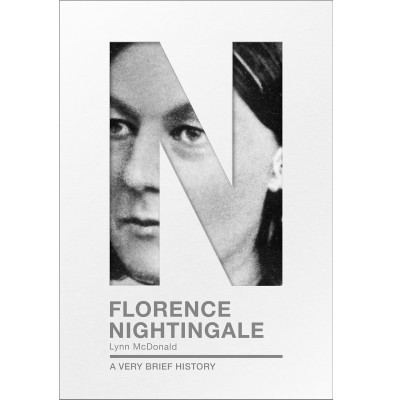 Concise historical introduction to Florence Nightingale and her continuing influence on the world. Florence Nightingale is widely known as the founder of modern nursing. She is also a brilliant and highly influential social reformer. Written by a world authority, this brief history explores Nightingale’s background and motivations. It also offers an informed assessment of the scale and significance of her legacy. It has been called timely and important by Alasdair Redfern, Bishop of Derby 2005-2018.
Concise historical introduction to Florence Nightingale and her continuing influence on the world. Florence Nightingale is widely known as the founder of modern nursing. She is also a brilliant and highly influential social reformer. Written by a world authority, this brief history explores Nightingale’s background and motivations. It also offers an informed assessment of the scale and significance of her legacy. It has been called timely and important by Alasdair Redfern, Bishop of Derby 2005-2018. -
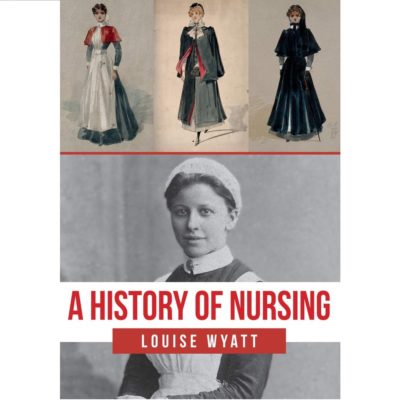 A History of Nursing explores the history of nursing by investigating the earliest records of the caring profession, how it progressed and what established it along the way to becoming the nursing we see today. It starts at the beginning of the story - how, once upon a time, all we had to depend on was Mother Nature. How did nursing go from being knowledge handed down through ancient scripts, folklore and sometimes by accident, to the degree-level, accountable practice of modern times? And why do nurses not wear hats anymore? A History of Nursing answers all these questions and more.
A History of Nursing explores the history of nursing by investigating the earliest records of the caring profession, how it progressed and what established it along the way to becoming the nursing we see today. It starts at the beginning of the story - how, once upon a time, all we had to depend on was Mother Nature. How did nursing go from being knowledge handed down through ancient scripts, folklore and sometimes by accident, to the degree-level, accountable practice of modern times? And why do nurses not wear hats anymore? A History of Nursing answers all these questions and more. -
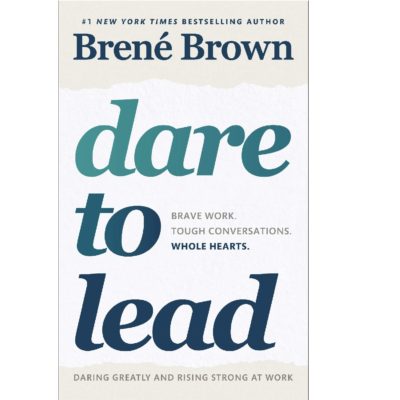 How do you cultivate braver, more daring leaders, and how do you embed the value of courage in your culture? Author Brene Brown (Daring Greatly; Rising Strong; Braving the Wilderness) shows that leadership is not about titles, status or power. Leaders are those who take responsibility for developing the potential in people and ideas.
How do you cultivate braver, more daring leaders, and how do you embed the value of courage in your culture? Author Brene Brown (Daring Greatly; Rising Strong; Braving the Wilderness) shows that leadership is not about titles, status or power. Leaders are those who take responsibility for developing the potential in people and ideas. -
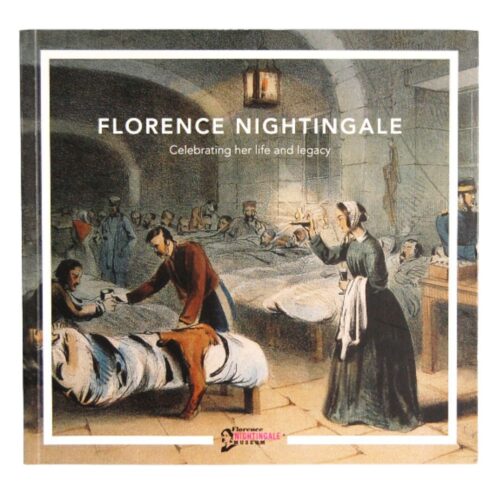 The Florence Nightingale Museum Souvenir guidebook Illustrated, and in full colour, this guidebook gives a brief introduction to the museum, Florence Nightingale's life, the Nightingale Training School and the Florence Nightingale Foundation. This guide is, in fact, a venture between the foundation and the museum.
The Florence Nightingale Museum Souvenir guidebook Illustrated, and in full colour, this guidebook gives a brief introduction to the museum, Florence Nightingale's life, the Nightingale Training School and the Florence Nightingale Foundation. This guide is, in fact, a venture between the foundation and the museum. -
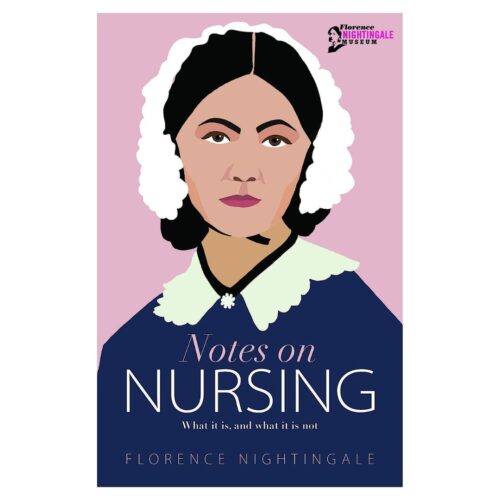 Florence Nightingale’s seminal work, the classical historical nursing text. Florence Nightingale wrote Notes on Nursing to help ordinary women care for their families. Translated into over ten languages, and never out of print since its first appearance, this really is the classic nursing text. Over 160 years later much of the advice given continues to be pertinent in the extreme, especially in the light of the recent global pandemic. Published in conjunction with - and including a foreword by - the Florence Nightingale Museum. The cover of this edition is exclusive to the museum.
Florence Nightingale’s seminal work, the classical historical nursing text. Florence Nightingale wrote Notes on Nursing to help ordinary women care for their families. Translated into over ten languages, and never out of print since its first appearance, this really is the classic nursing text. Over 160 years later much of the advice given continues to be pertinent in the extreme, especially in the light of the recent global pandemic. Published in conjunction with - and including a foreword by - the Florence Nightingale Museum. The cover of this edition is exclusive to the museum. -
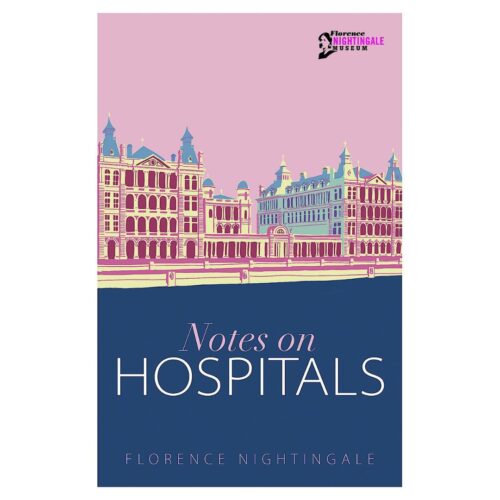 In this classic historical text on hospitals - featuring a foreword by the Florence Nightingale Museum - Nightingale reveals her passion for good hospital architecture and design. At Scutari she saw first-hand the harm which can be caused by inadequate and poorly designed hospital buildings. Nightingale openly criticised designs which she thought might lead to higher infection rates, and therefore patients' deaths. Published in conjunction with the Florence Nightingale Museum, the cover of this edition is exclusive to the museum.
In this classic historical text on hospitals - featuring a foreword by the Florence Nightingale Museum - Nightingale reveals her passion for good hospital architecture and design. At Scutari she saw first-hand the harm which can be caused by inadequate and poorly designed hospital buildings. Nightingale openly criticised designs which she thought might lead to higher infection rates, and therefore patients' deaths. Published in conjunction with the Florence Nightingale Museum, the cover of this edition is exclusive to the museum. -
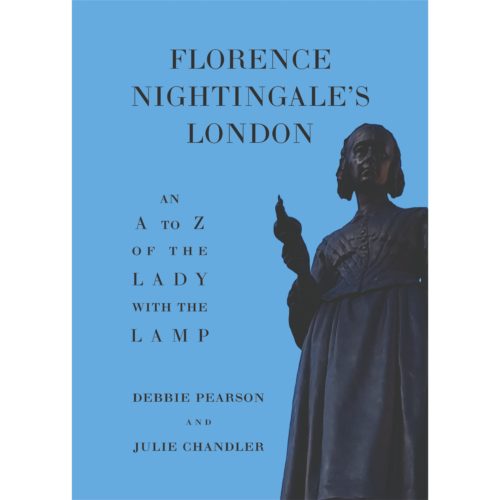 Florence Nightingale is known as 'The Lady with the Lamp', who travelled to Scutari to nurse the soldiers fighting in the Crimean War. But she stayed there less than two years, she spent more than half her life in London, and she lived until the age of 90. So, what else did she do, and where else did she go?
Florence Nightingale is known as 'The Lady with the Lamp', who travelled to Scutari to nurse the soldiers fighting in the Crimean War. But she stayed there less than two years, she spent more than half her life in London, and she lived until the age of 90. So, what else did she do, and where else did she go?
